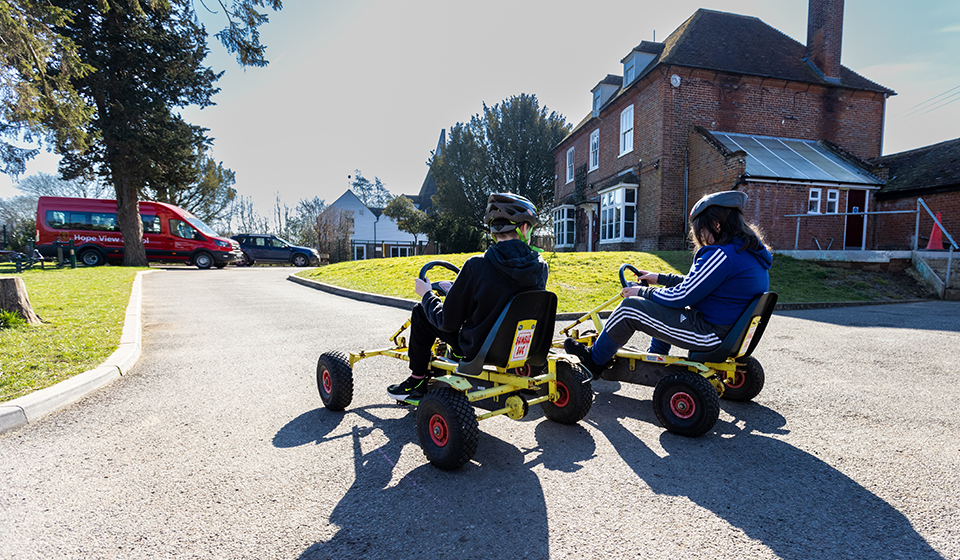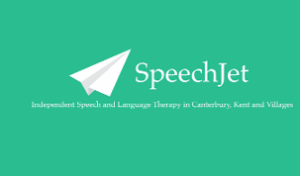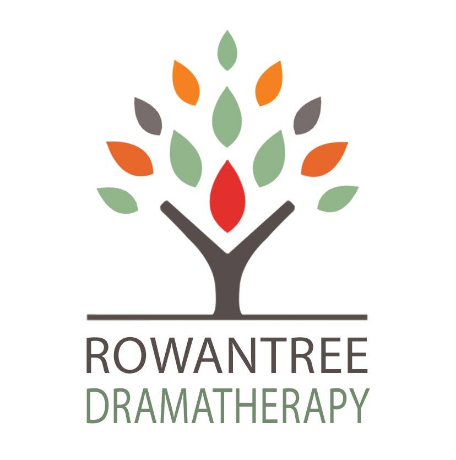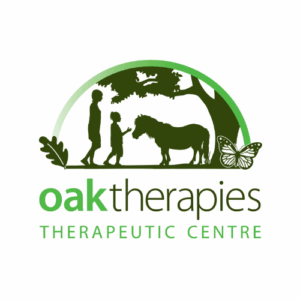

Below are five things that can really help to boost our mental wellbeing, from the National Health Service:
It’s not always easy to take care of our wellbeing or to know where to start.
You might find it helpful to:
Remember that good days for your wellbeing won’t always look the same. We don’t always have the same levels of energy or motivation. Be kind to yourself and do what feels right for you at that moment.
Rebecca Levings (Independent Speech and Language Therapist, Speechjet) and Kate Champney (Speech and Language Therapy Assistant) make up the Speech and Language Therapy Team at Hope View. The team works closely with Teaching Staff, Drama Therapy and Occupational Therapy to support pupils communication development in school.
All pupil’s communication skills are checked when they join the school and/or when they turn 11 years old.
Pupils are assessed and an individual plan is created to support them if they are identified as having communication needs. For some children we might make suggestions for classroom support, others have one to one and some have group work. We work with pupils to support their:
The Speech and Language Therapy team adopt a neuro-affirming approach to understand and support a person’s communication development. As such, we do not offer social skills groups or social skills training. We use therapy approaches for both gestalt language processors and analytic language processors. We are person-centred in our approach and form positive relationships with the pupils. We plan the style of therapy that suits the pupil knowing that children who feel safe in therapy will learn best.

Hope View School works with Rowan Tree Dramatherapy who are a team of experienced drama and movement therapists who provide effective therapies for children, young people, families and adults who are experiencing emotional and behavioural problems and mental health difficulties.
What is Dramatherapy?
Dramatherapy is one of the creative arts therapies: this means it uses elements of drama and creative techniques to achieve therapeutic outcomes. The aim is to offer a space for expression and reflection in a safe environment.
Rowan Tree support those with sensory and physical needs, young people with emotional, social and mental health needs, and children who have additional needs in their cognition and learning, communication and interaction. The Team work extensively with young people who are in Care, within our school work and as part of our service in the community.
All of Rowan Tree dramatherapists are qualified to MA level and registered with the HCPC and attend regular clinical supervision and cpd. Our therapists are all trauma informed and bring their range of different trainings and experience to the team. Rowan Tree’s qualified clinical supervisors provide supervision to staff members at Hope View School.

What is Occupational therapy?
The purpose of occupational therapy is to promote independence in all aspects of a person’s life. This starts from early development in fine and gross motor skills, through to social skills to life skills and everything in between. Sensory needs are key to this – the world is a sensory place, and it has a huge impact on how people manage their day. Sometimes people have difficulty managing the level of sensory input during their day and this can affect their executive functioning, mental health, and ability to regulate emotions. Oak Therapies assess and determine people’s sensory needs and help the school and pupils make adjustments to encourage an individualised learning environment. Linking sensory needs with emotional regulation is also key.
Emotional regulation is incredibly important for everyone. It influences how we interact, which affects the quality of our relationships with others in our life. Oak Therapies staff take the approach of identifying how an individual’s sensory needs affect their ability to regulate their emotions. We take the view that if we can help someone find ways regulate their emotions, this sets them up to manage interactions successfully – and in turn have the headspace to concentrate on learning tasks that lead to becoming independent!
Each pupil is assessed through clinical observations and formal assessments. This gives everyone involved in the pupil’s education information regarding their sensory preference and helps us design an individualised OT program. From here, we develop an OT profile for each pupil, allowing us to work with the pupil and teachers to develop the most appropriate interventions that suits the person and their environment. Ideally, we want to create alignment between the person, their environment (school for example), and their occupation (being able to learn and engage as a student). Sometimes this means providing specific equipment to meet people’s sensory needs. Overall, we are looking to create a safe and engaging environment for the pupil to help their maximise their abilities and potential.

All staff at Hope View School will always listen to any concerns you have. Please call or email the school to get in contact.
Read the Worth-it Booklet here
MIND
Telephone: 0300 123 3393
info@mind.org.uk
www.mind.org.uk